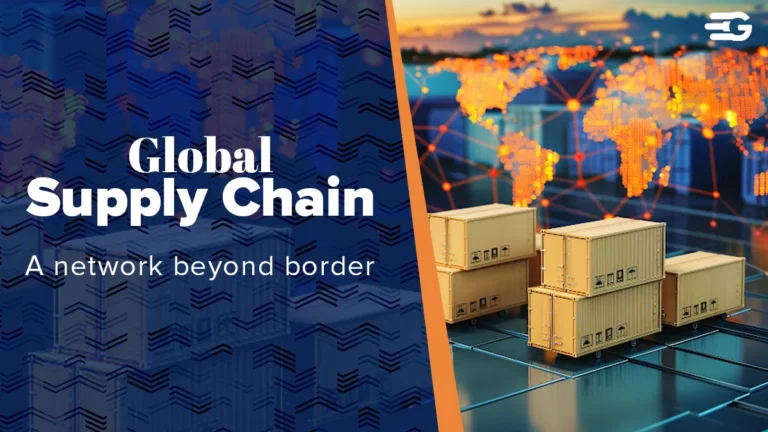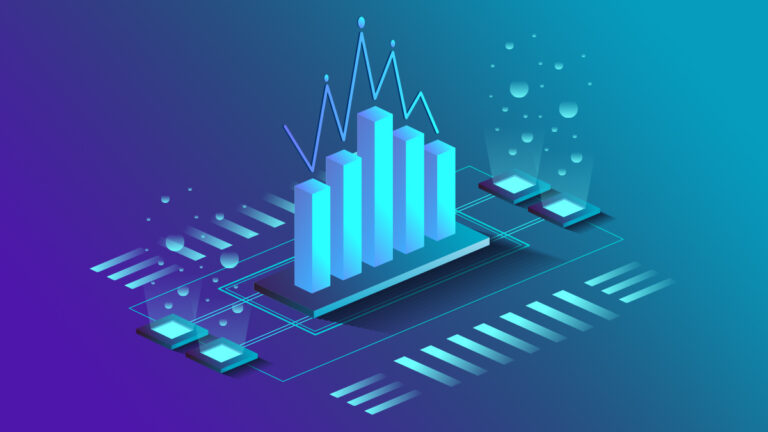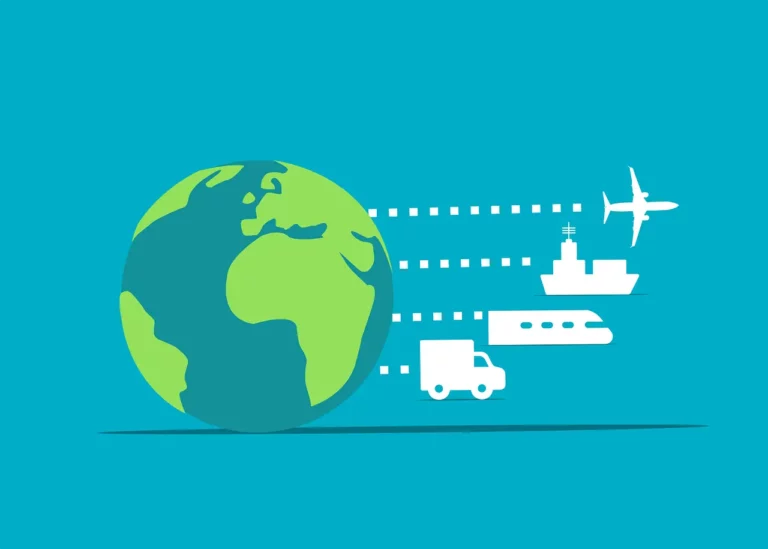How AI (Artificial Intelligence) is Influencing the Shipping Industry Today
As more and more organisations are exploring ways to leverage advanced technology, the supply chain industry is increasingly becoming AI-driven. While artificial intelligence-based solutions have infinite uses, so are the concerns surrounding this technology. Today, enterprises can use these solutions to gain predictive capabilities and optimise their business.
In this article, we discuss various aspects of artificial intelligence in shipping – right from the barriers to implementing AI technology to actual instances where it’s helping companies gain a competitive edge.
Artificial Intelligence and its implementation
Irrespective of how popular AI technology gets, it will continue to be a controversial topic for many reasons. There are barriers to its implementation due to several concerns in the supply chain industry as well as other sectors. Globally, there are still many questions that need to be answered to clear the path for applying this technology more widely.
Let’s take a look at some of the critical challenges associated with artificial intelligence pertaining to the shipping industry:
1.Lack of quality data
In the logistics industry, accurate data is critical in making the right decisions. It’s time the sector lets go of the idea that data sharing can lead to competitive challenges. The quality of available data that can affect the results artificial intelligence can deliver.
The fundamental goal should be building confidence in the decision making process with the help of accurate and latest data.
2. Insufficient relevant information
There would be a general lack of reliable information across the supply chain network in the absence of quality data. To base decisions on insights generated by a system, the data points must be precise.
Needless to say, gaps in data collection and analysis would translate to misleading insights and thus, wrong decisions.
3. What if AI replaces humans?
The most immediate concern for many is that AI-enabled systems will replace workers. In the context of jobs, AI continues to elicit a mixed response. However, it’s gradually becoming clear that AI won’t replace workers but enable them to do their job more efficiently.
In an AI-driven industry, we can expect an employment shift from one place to another and witness the creation of entirely new avenues of employment.
4. Digital transformation- A gradual process
While everyone may have got into a sudden rush to digitise businesses, it’s not something that will happen overnight. Digital transformation is a process without a particular end in sight and is meant to enhance your business operations over time.
5. Unclear strategy leads nowhere
With a clear strategy in mind, you can create an advantage over your competitors and manage risks efficiently. The key is to chalk out goals clearly and then develop a plan to achieve those goals.
Here are some advantages that the shipping industry can enjoy with artificial intelligence:
1. Advanced big data analytics
Artificial intelligence can simplify and make gaining insights based on advanced analytics more straightforward than ever before. By leveraging AI-based tools, you can make sure that your decisions are based on factual data and not mere guesswork.
2. Improved resilience
Artificial intelligence can be used to foresee disruptive events and enable enterprises to take the right measures. AI can also allow enterprises to detect possible threats and gaps in the system.
3. Automation across workflows
With AI-based solutions, you can automate several workflows seamlessly. Machine learning capabilities have made it possible to analyse historical data records and map out weather patterns, demand trends and more.
4. Route optimisation
New-age solutions can tell you which route is the most cost-effective and efficient by combining historical and real-time data. By leveraging AI technologies, these tools can predict the best possible route for a particular shipment in terms of fuel consumption, time taken for the delivery, weather conditions, etc.
The power of data is such that it can allow the shipping industry to forecast and optimise future performance and so much more.
In conclusion
We cannot overlook the potential and importance of artificial intelligence. There are enough case studies on how several enterprises are leveraging the technology to drive process and cost-efficiency. Undoubtedly, AI is bound to deliver countless benefits to the supply chain industry from minimising risks, improving forecasting to reducing costs and much more.
To learn more about how GoComet uses artificial intelligence and advanced machine learning algorithms to help companies build cost-effective and efficient supply chains, connect with us here.






